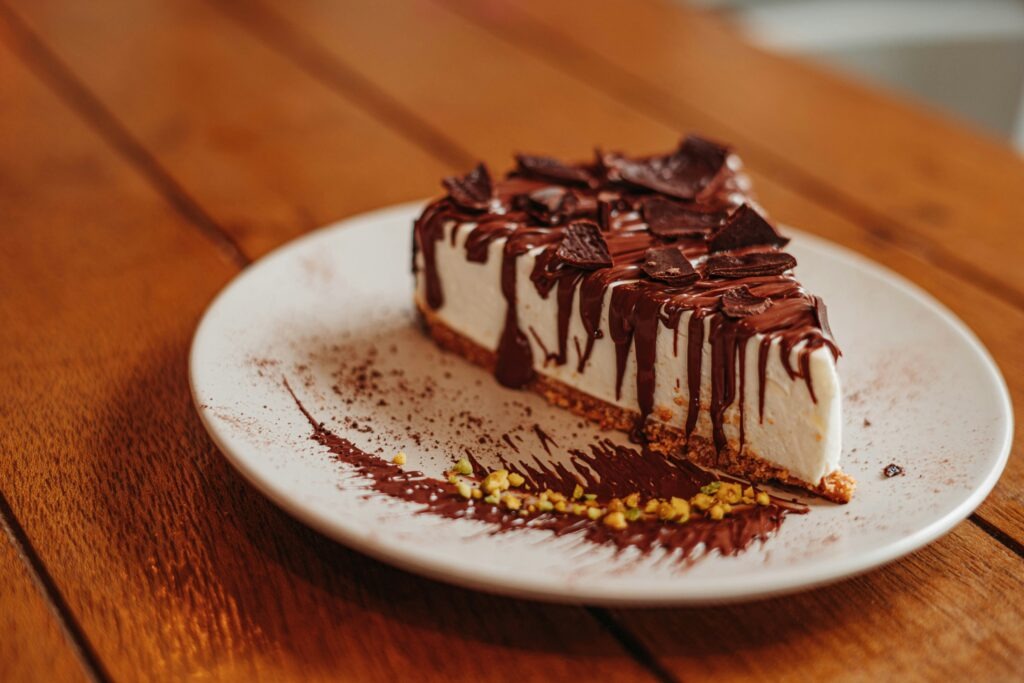QUESTION: Why is there a custom to serve dairy on Shavuos?
ANSWER: The Rama (OC 494:3) offers the following rationale why we customarily serve dairy foods on Shavuos: The korban (sacrifice) of Sh’tei Ha-Lechem, the “Two Breads,” was brought on Shavuos. We serve both dairy and meat foods on Shavuos, as this necessitates eating from two different loaves of bread. Why is that so? Bread which is served at a dairy meal may not be served with meat (because some dairy residue may have gotten on the loaf of bread). By serving dairy and then meat, there must be two separate loaves of bread at the table (which symbolizes the mizbei’ach), and this commemorates the korban of Sh’tei Ha-Lechem.
Rav Belsky, zt”l said that even those who follow the Zohar, and are careful not to eat dairy and meat at the same meal throughout the year (in fact, many will not even eat meat within an hour of eating dairy), do not follow this custom on Shavuos (in deference to the minhag), and may eat meat immediately after dairy. The Mishnah Berurah (OC 494:16) writes that there is no need to bentch between the two parts of the meal, and Rav Belsky would point out that it is preferable to not do so, since this would be an unnecessary bracha (bracha sheino tzricha).
Though it is acceptable to eat meat after dairy on Shavuos, one must first clean one’s mouth by drinking some liquid and eating a solid food, such as a piece of challah (YD 89:2).
It is important to note that some cheeses do require a full wait time. To view a listing of cheese varieties and their required wait times please refer to OUKosher’s list of Aged Cheeses.












One Response
ראשית ביכורי אדמתך תביא בית ה’ אליקיך, לא תבשל גדי בחלב אמו
(As if it’s written עמו)
Shavuos, Yom haBikurim, is the time we commemorate the separation of Milk and Meat, so we eat both and separate the cooking. This is pashut pshat.
Remez: Bikurim come from 7 Minim of Eretz zavas Chalav uDvash. Dvash vChalav tachas leshoni.
כׇּל־הַמִּנְחָ֗ה אֲשֶׁ֤ר תַּקְרִ֙יבוּ֙ לַה’ לֹ֥א תֵעָשֶׂ֖ה חָמֵ֑ץ כִּ֤י כׇל־שְׂאֹר֙ וְכׇל־דְּבַ֔שׁ לֹֽא־תַקְטִ֧ירוּ מִמֶּ֛נּוּ אִשֶּׁ֖ה לַֽה’ קׇרְבַּ֥ן רֵאשִׁ֛ית תַּקְרִ֥יבוּ אֹתָ֖ם לה’ וְאֶל־הַמִּזְבֵּ֥חַ לֹא־יַעֲל֖וּ לְרֵ֥יחַ נִיחֹֽחַ
This is on Shavous. Shte halechem (Seor) and Dvash in Bikurim